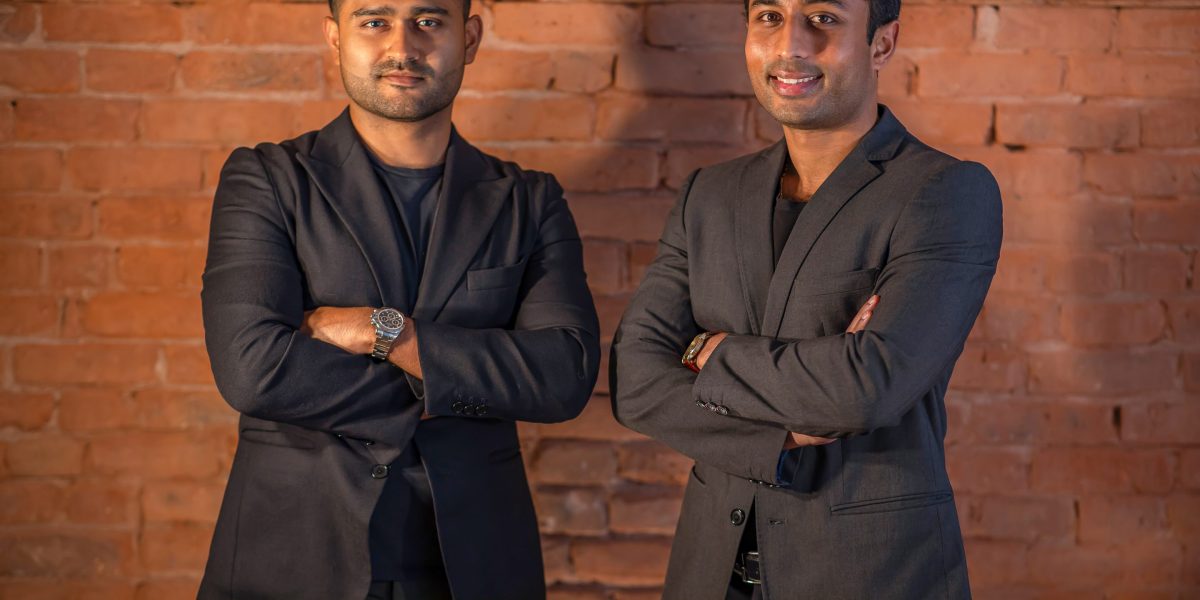
The crypto industry may try to pretend that the collapses of 2022 are a distant memory, but the lending sector has not recovered from the catastrophic implosion of firms like BlockFi and Genesis, which provided loans to customers in exchange for often shaky collateral. Now, a growing startup thinks it can help reinvigorate the sector—while also ensuring it doesn’t suffer the same fate as its predecessors.
New York–based Arch, founded by finance veterans Dhruv Patel and Himanshu Sahay, announced on Thursday that it had raised a $5 million equity seed round for its crypto lending practice co-led by Morgan Creek Digital and Castle Island Ventures, along with a $70 million debt facility funded by Galaxy, which will serve institutional clients and individual investors. Arch previously raised $2.75 million from Castle Island and Tribe Capital in late 2022.
“We saw a real opportunity to have a conservative approach,” Patel, who previously worked at Bridgewater and Brex, told Fortune. “We’ve seen tremendous demand.”
Turning the page
During the bull market of 2021 and 2022, crypto lending was a booming business. Firms focused on both institutional and retail customers, accepting collateral in thinly traded assets and often lending that collateral out to other clients, a risky process called rehypothecation. The process contributed to the collapse of well-known firms, including Genesis, which lent its customers’ assets out to counterparties such as Sam Bankman-Fried’s trading firm, Alameda Research.
While crypto markets have come roaring back over the past year, new lenders haven’t emerged to fill the void left by firms like Genesis and BlockFi. Some, such as Arbelos, have popped up to serve as counterparties on the other side of trades, but Patel and Sahay saw a lane for creating a lending outfit that would allow customers to deposit their crypto and receive dollar-denominated loans in exchange.
They started Arch in February 2022, a few months before the collapse of Terraform Labs kicked off a broader chain reaction, and continued to work on the firm through the ensuing bear market. The result is a platform whose practices are markedly different from previous lending firms. For one, Arch only accepts three types of cryptocurrencies as collateral—Bitcoin, Ether, and Solana—and only accepts over-collateralized loans, meaning that the money that customers receive is less than the value of the collateral they put down. And most important, Arch does not rehypothecate collateral, instead custodying it on behalf of its clients with BitGo.
The result might yield lower profits in the short term, but the two founders argue it is a more stable business long-term, especially as they charge an interest rate of around 15% on loans along with an origination fee. They have also worked with one of their backers, Galaxy, to create a $70 million debt facility structured as a collateralized loan obligation, which will allow other investors to come on board and earn yields based on the capital loaned out.
Max Bareiss, the vice president of lending at Galaxy, said that the plan is to tokenize the debt facility, allowing institutional investors to buy in through a crypto-native on-ramp and trade shares of the CLO on secondary markets, although he did not provide a timeline for the launch. He said that Galaxy originally considered Ethereum for the tokenization effort, but is now exploring layer-2 blockchain options to lower costs.
“We saw a lot of the early crypto lenders fail,” Bareiss told Fortune. “What really caught our eye was Arch trying to do it the right way.”
Target customers
While past crypto lenders won over customers through its flimsy—albeit financially lucrative—products, Patel and Sahay are optimistic that they have a broad potential client base. As the price of top crypto assets like Bitcoin rises, many owners do not want to sell for tax or ideological reasons, but still want access to cash. Patel said that Arch can appeal to customers who are “crypto-rich but cash-constrained,” as well as others who want to use the loans to invest in other asset classes.
They also view lending as just one product in a broader suite of tools from Arch, including providing custody through BitGo for individuals. They aim to launch other investment products later this year, such as offering a basis trade solution to customers.
Arch currently has five full-time employees and plans to hire more staff. Former Grayscale CEO Michael Sonnenshein announced last week that he had joined the firm as an advisor.

